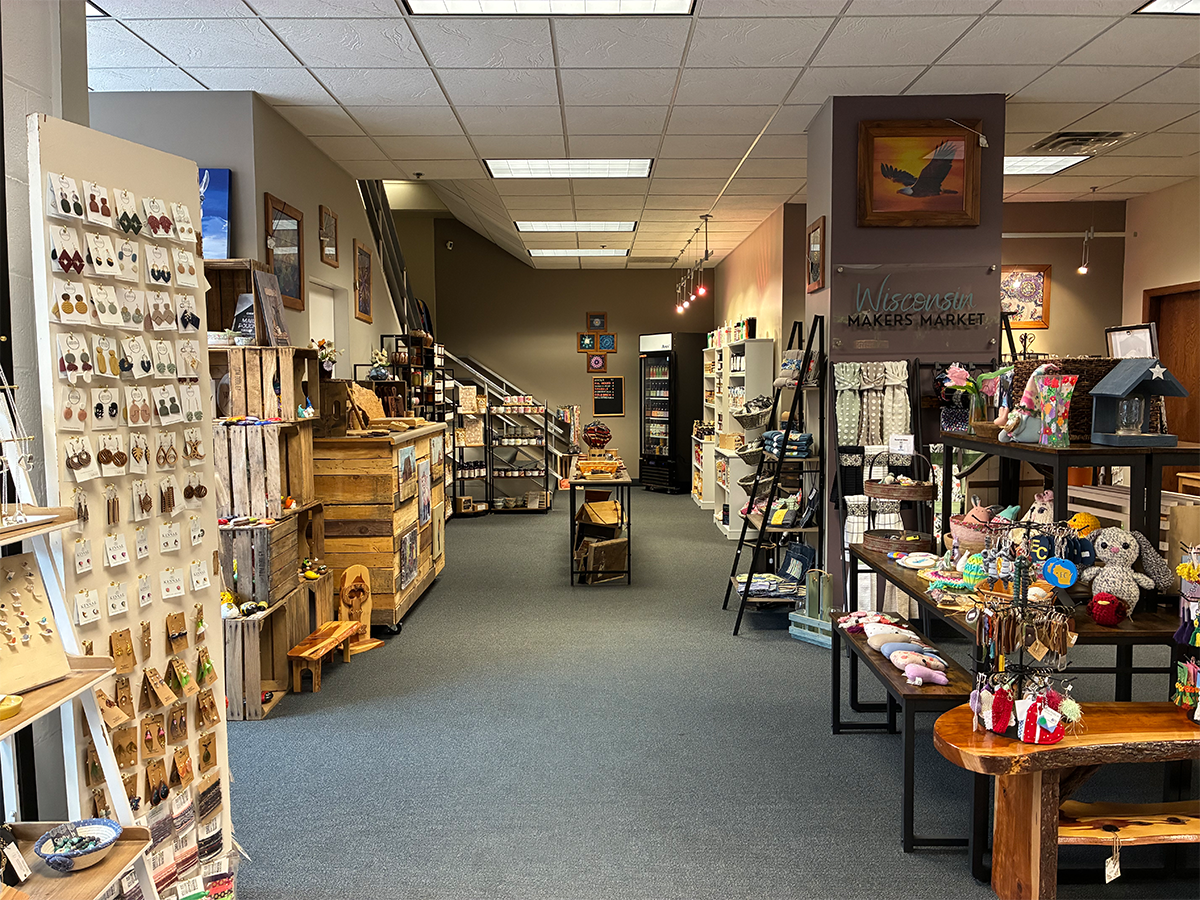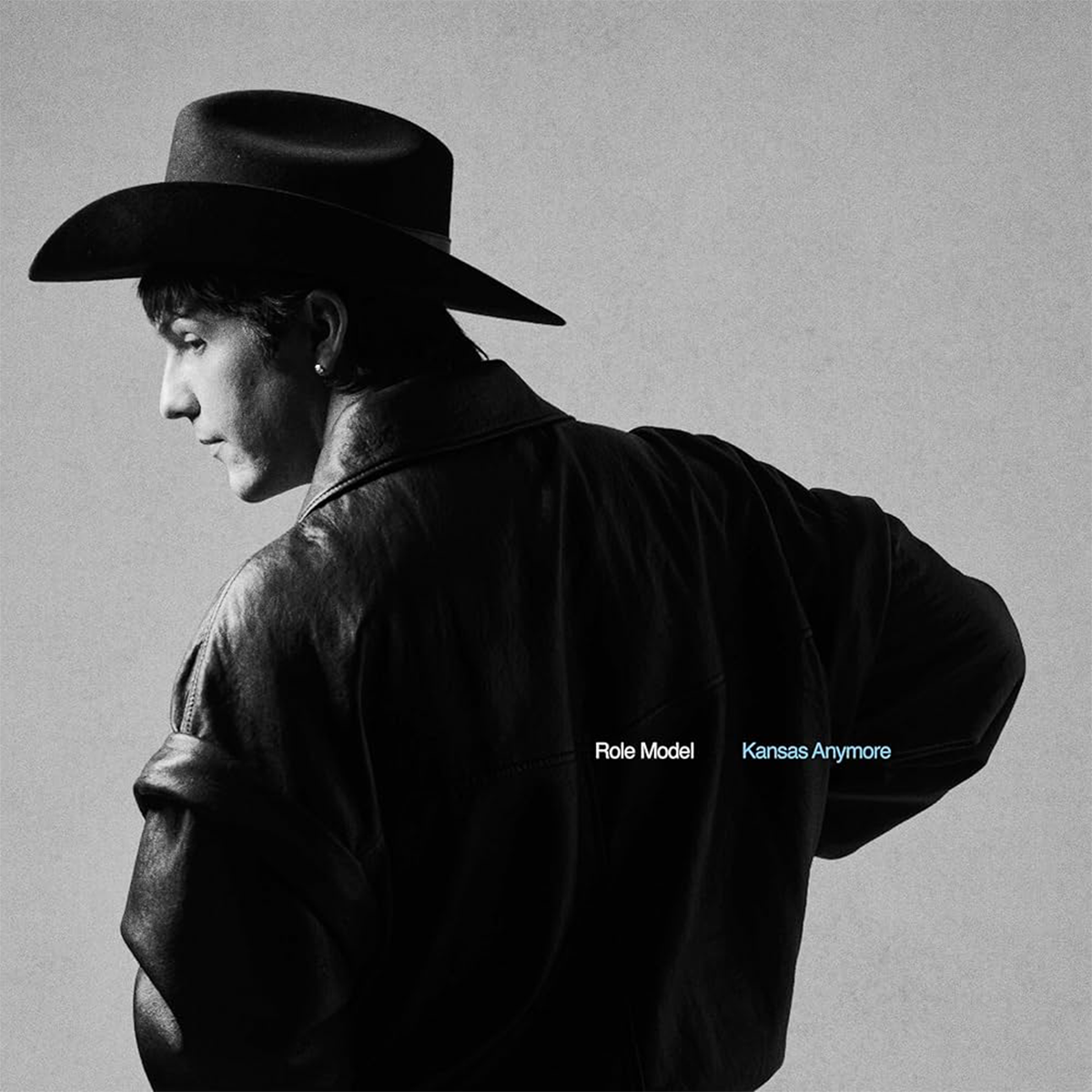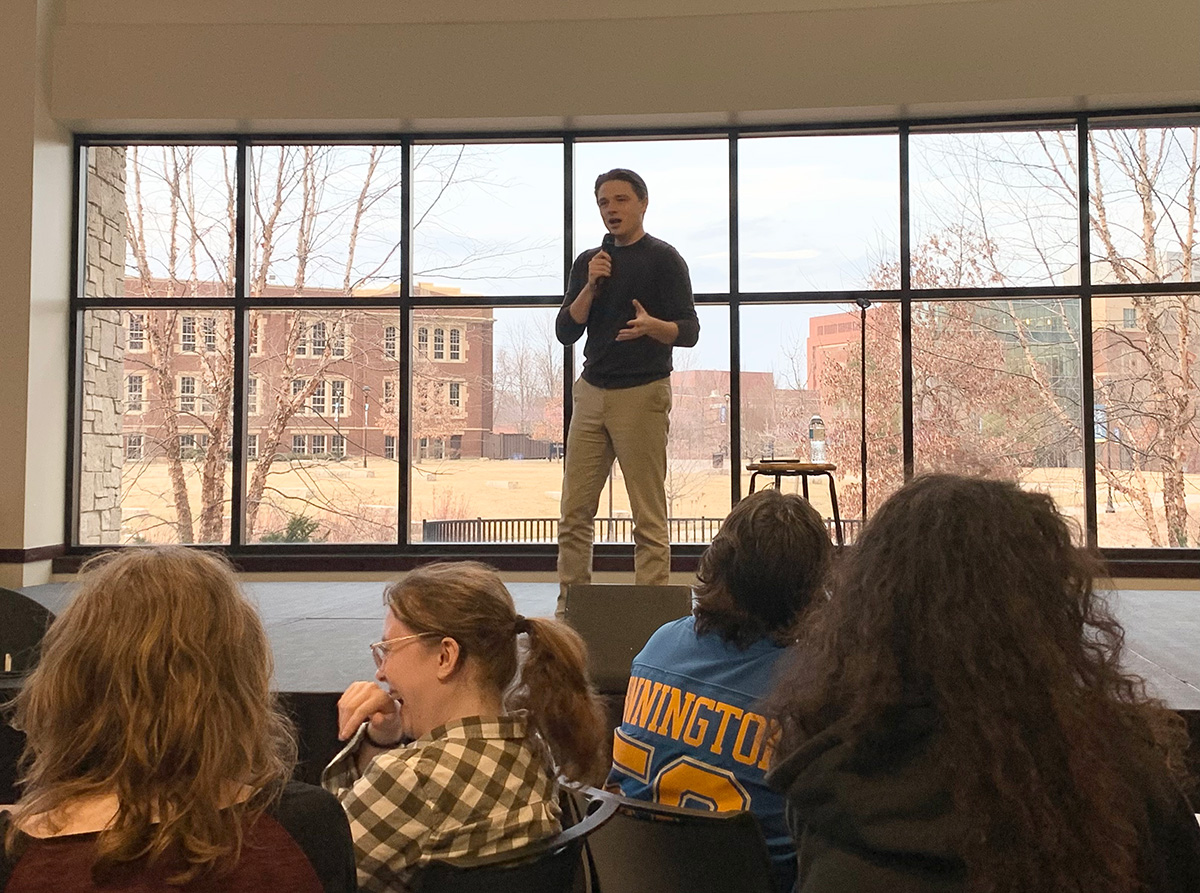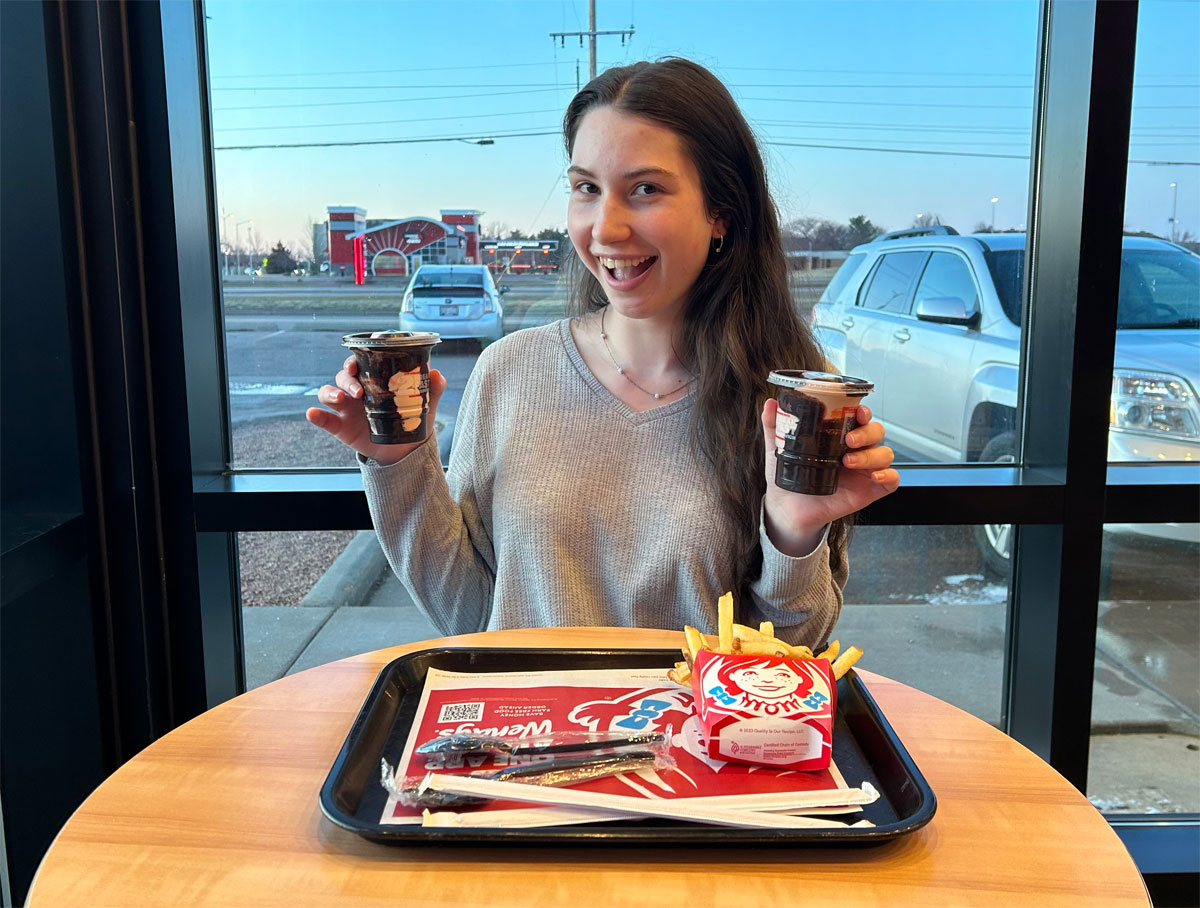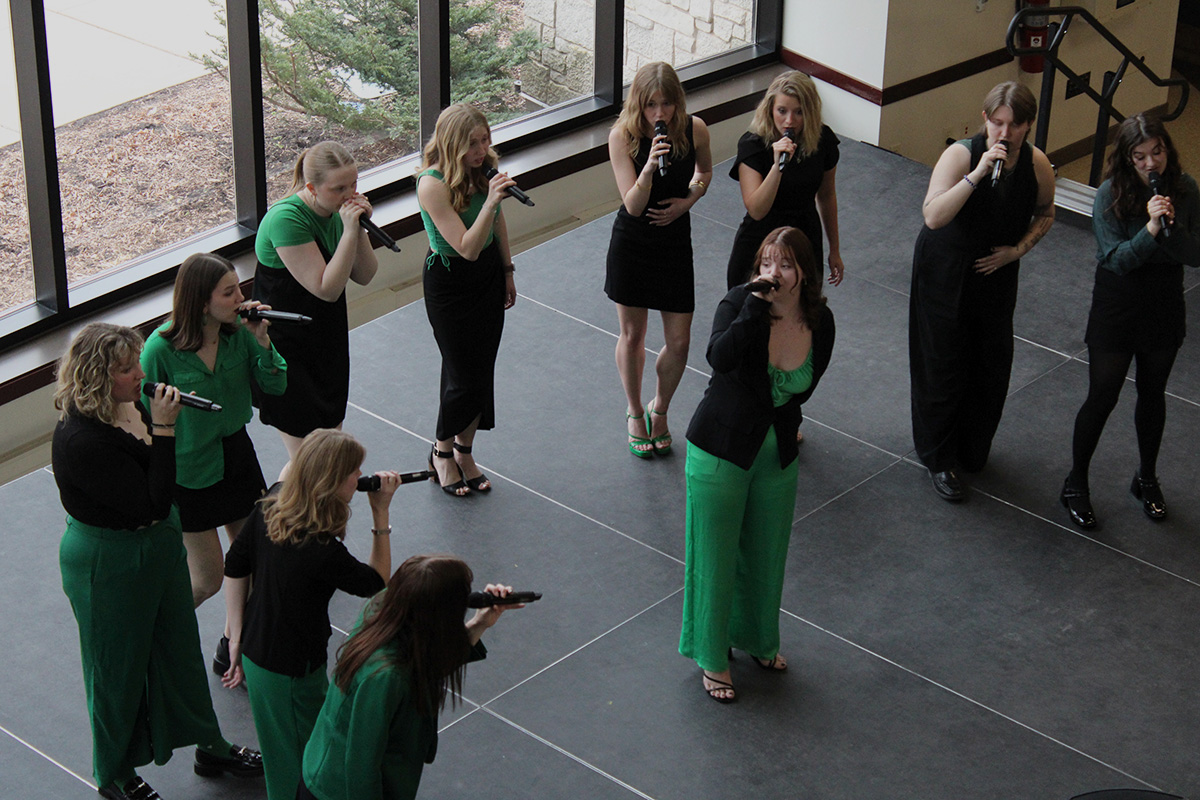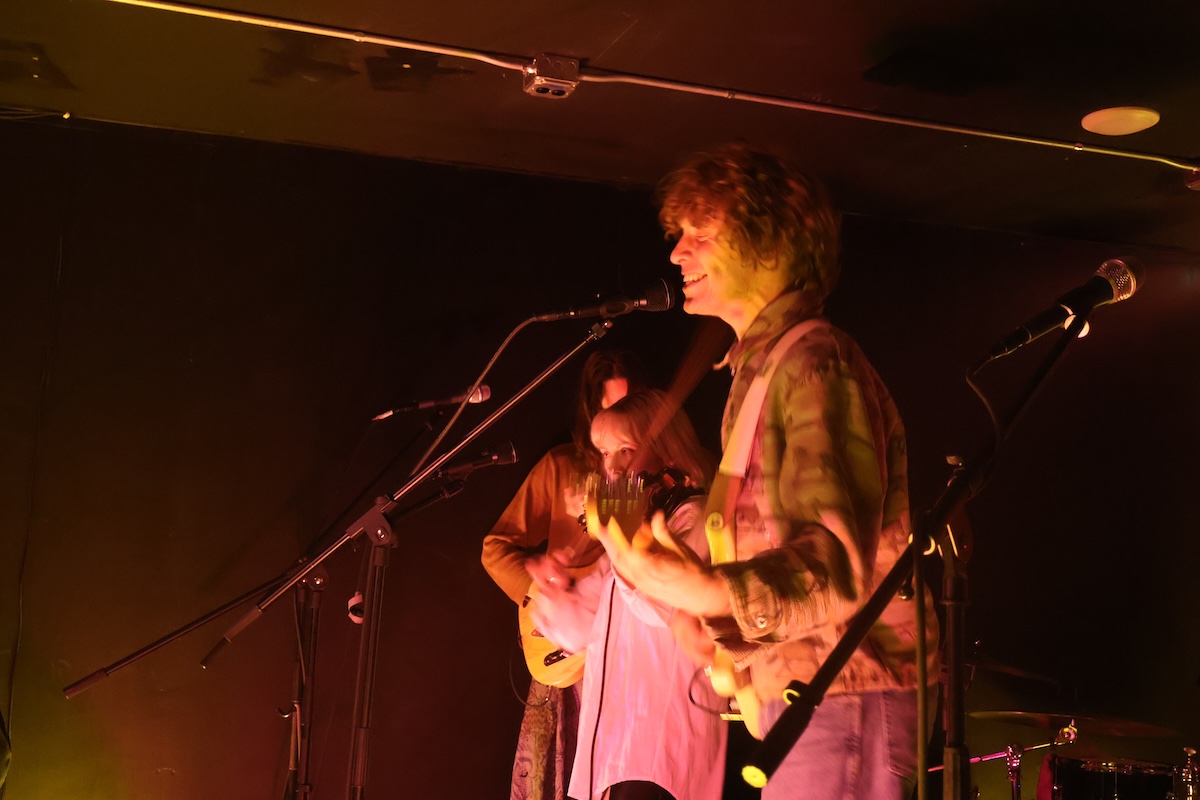Social media may be a necessary part of our socialization, but in the Arab world it is a necessary part of their mobilization.
Women and young people have taken to Twitter and Facebook to bring about political and social change in their countries of unrest, Sahar Khamis, an expert in Middle Eastern media, said.
Khamis is an assistant professor of communication and affiliate faculty of women’s studies at the University of Maryland. She hopes her lecture will spark interest in UW-Eau Claire students.
The important role of social media in recent Arab Spring uprisings is a main topic in Khamis’s lecture “Youth and Women’s Leadership, New Media and the Arab Spring: Prospects for Political Change and Intercultural Dialogue” taking place at 5:30 on March 8 in Hibbard Humanities Hall, room 102.
For the last two-and-a-half years, various uprisings in the Middle East have taken place with the purpose of bringing about positive change and democracy. These demonstrations and protests have collectively become known as the Arab Spring.
“I think it’s very important for young people to hear about and to learn how these young people were able to turn the use of social media into very effective weapons or tools of mass-mobilization and political and social activism,” Khamis said.
Steven Fink, UW-Eau Claire assistant professor of philosophy and religious studies and head of Middle East studies minor, invited Khamis to speak as part of Eau Claire’s yearly Arab World Lecture. He hopes students will recognize the importance of the Middle East and realize how interesting the topic is.
“The Middle East is such an incredibly crucial region of the world, I’d say especially in the 21st century, but it has been longer than that,” Fink said. “With events like the Arab Spring and a lot of political instability affecting not only the Middle East itself, but we’re directly affected in the United States and so there’s a tremendous importance in the region.”
The lecture will focus on the connection among youth, political mobilization and social media. Khamis said she is interested in learning how to use this triangle effectively to bring about positive change. This is just one lesson we’ve been learning from the Arab Spring: Young people using social media can make a real difference.
Another important shift that’s been taking place in the Arab Spring is the role of women. In addition to the role of youth, women have also taken on greater responsibility as far as political and social activism.
This is one area Fink is most interested in.
“I’ve heard a lot about the actual events of the Arab Spring,” Fink said, “but this angle of women’s involvement and the use of media is one I haven’t looked into too much … for me, it’s an unexplored yet significant angle to this major world issue.”
Theresa Kemp, academic program director of women’s studies, is also enthusiastic about this topic.
“Her topic is important,” Kemp said, “and we’re grateful that they’re bringing her here.”
Those who are unfamiliar with specific details about the Arab Spring shouldn’t shy away from attending this event. Khamis is aware many people may have limited knowledge on the topic and provides all necessary key terms and concepts within the context of her lecture, she said.
Fink hopes the lecture will spark a greater desire for students to learn more about the Middle East. Khamis said she’s usually met with positive reactions from her audiences, as well as questions and curiosity.


